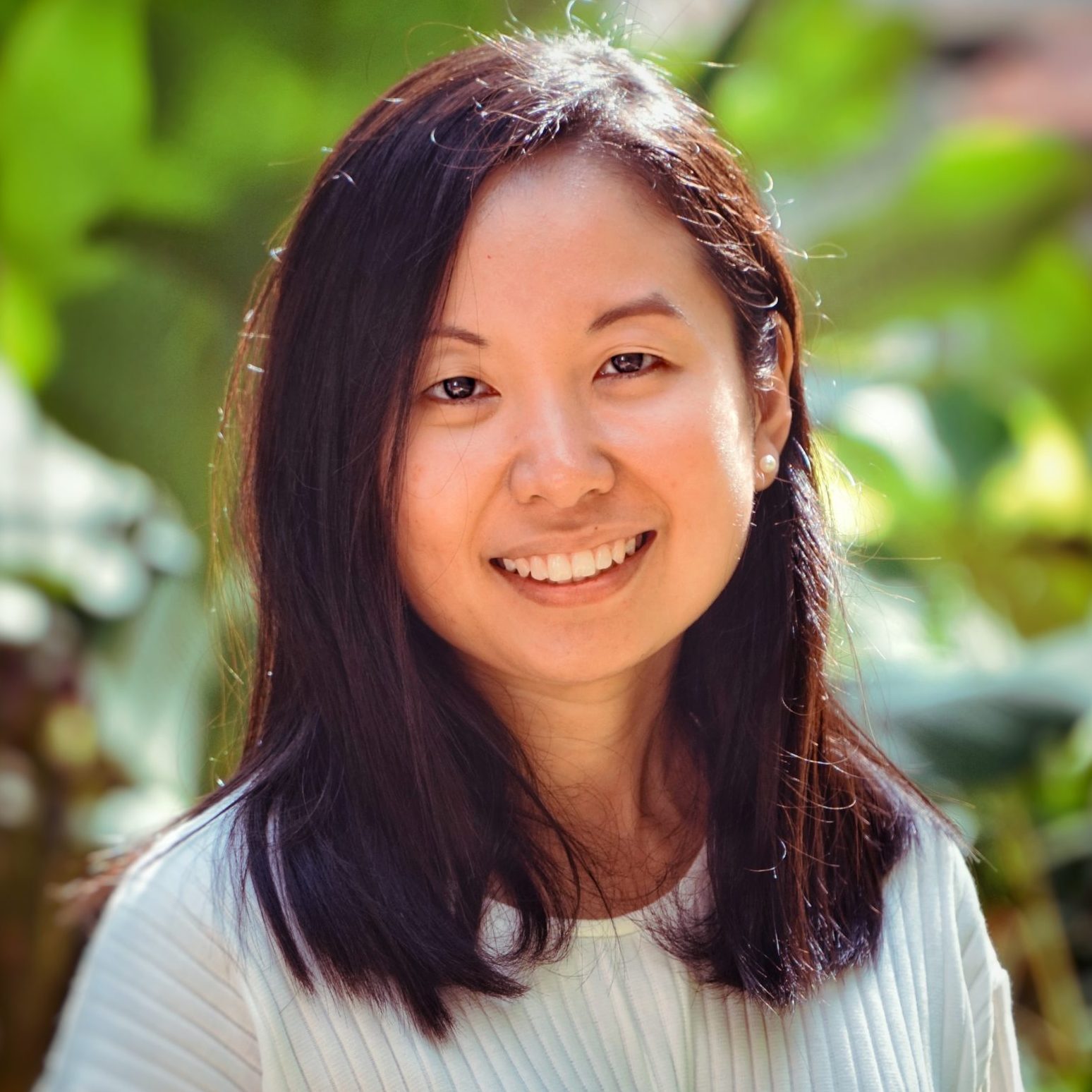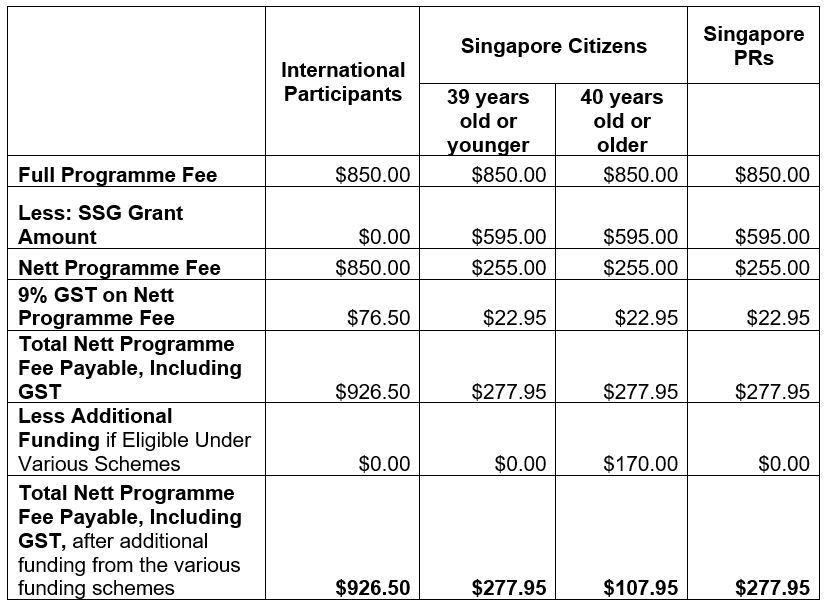Effective Use of Theory of Change for Social Services (January 2024)
Registration
Interested applicants can register for the course via NUS Online Application Portal.
Registration has closed. You will be notified of your application outcome via email.
About
This course on theory of change introduces participants to the theory-driven family of evaluation approaches and highlights the importance of making explicit the theory underlying any policy, programme or intervention as a basis for planning, implementation as well as monitoring and evaluation. A theory of change explains how the activities undertaken by a policy, a programme or an intervention contribute to a chain of action that leads to the intended outcomes. A theory of change is also a diagrammatic representation of a programme blueprint – it makes explicit the inputs, the activities, the outputs and the outcomes, and the links between them. Through this approach, the precise link between activities and the achievement of outcomes are more fully understood. With a detailed understanding of how change take places, the theory of change can potentially provide analytical insights into programme design at the planning stage. It can be useful for studying programme processes or implementation, as well as for identifying programme outputs and outcomes for monitoring and evaluation.
Trainer

Dr Robyn Tan is a Research Fellow at the Institute of Policy Studies, LKYSPP, NUS. Her research interests include studying the implementation of programmes, policies and interventions in real world policy and service settings. She has a keen interest in theory-driven evaluations, specifically, applying realist research to understand what works, for whom, under what conditions, and why. Robyn is an adjunct faculty with the Geriatric Education and Research Institute (GERI) where she is involved in implementation research of healthcare interventions, to facilitate their translation into practice.
Course Fee
This course is SSG-approved. Participants who are Singaporeans or Singaporean Permanent Residents will be eligible for subsidies of 70% of the course fees, excluding GST. Singaporean participants who are aged 40 years old and above will be eligible for higher subsidies of up to 90% of course fees. Participants must record at least 75% attendance, and pass all assessment components, to be eligible for SSG funding. The table below shows the breakdown of the course fee payable.
GST is increased from 8% to 9% in 2024.


